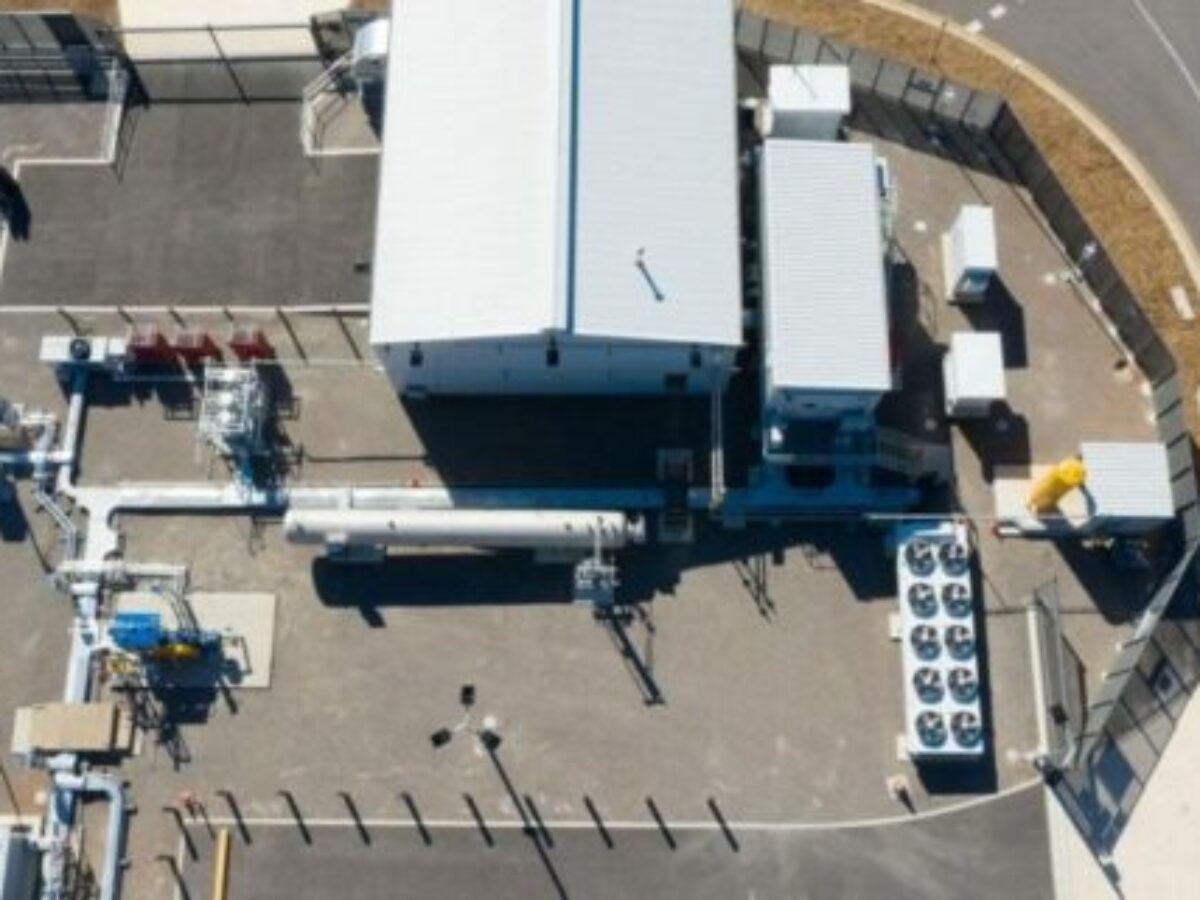Clean energy conference to tackle renewables, hydrogen

Global companies will gather in South Australia later this year to discuss how industry can transition to clean energy. By Kurtis Eichler
Future Energy Week will bring about 400 delegates from national and international companies, governments and academia for the event in November.
It’s the second year the Tonsley Future Energy Consortium has hosted the event, which is hosted at the Tonsley Innovation Hub in Adelaide, South Australia.
On the table for discussion are topics around hydrogen energy, the future of mobility, food, energy and water and the “energy trilemma”, which refers to making energy affordable, sustainable and reliable.
The Tonsley Innovation Hub is a 6.1-hectare site in Adelaide’s inner south that houses a wide range of companies wanting to rethink the traditional thinking around manufacturing.
The energy consortium formed four years ago and comprises industry, government and education sectors to promote collaboration.
The two-day event will involve keynote speeches and some panel and workshop sessions to allow delegates to collaborate.
Engineering companies with national and international footprints, such as SAGE Automation and AZZO, will be represented at the forum.
Founder and event director Quentin Roberts said Future Energy Week is not just another “talkfest”.
Roberts said it was an opportunity for companies big and small to discuss some of the challenges facing the energy sector.
Last year, Secretary General of the World Energy Council, Dr Angela Wilkinson, made a keynote address, and Roberts hopes the global forum will again take part.
“They can get involved in helping to shape the future as well,” Roberts said.
“We need that transition to clean energy to happen sooner rather than later, and this is really like a catalyst for that action to occur.
“It’s important to create these spaces to have the dialogue because there might be challenges we need to try and meet, but it’s also about fostering collaboration.”
Roberts said hosting the event at Tonsley was a no-brainer because of its reputation as a hub of collaboration, where the universities, TAFE and private industry commingle.
He also pointed to some practical achievements at the site, such as rooftop solar panels that generate 80 per cent of Tonsley’s power supply and Australia’s largest electrolyser.
“Tonsley is so unique, and there’s nothing like it where you can experience all of that and because it is led by the consortium, which is basically an initiative of organisations here with some kind of energy flavour to what they do, coming together really drives that collaboration,” Roberts said.
“The way I see it, with action being required in terms of climate change, this is a really critical exercise in terms of accelerating that transition.”
Roberts said last year’s event allowed those who attended to learn how South Australian companies were breaking new ground in the energy sector and address some of the future challenges.
“Hydrogen is one of the key themes on the program as well because we see that as an incredible opportunity for South Australia,” he said.
“South Australia got put on the world stage with the big battery and we’ve really been leading in renewables for many years.
“When you see all the things that are happening, it gives you confidence that we will actually be able to accelerate that transition to clean energy.”
Picture: Australian Gas Networks' $14.5 million Hydrogen Park South Australia located at Tonsley Innovation District (supplied)
Future Energy Week is being hosted from November 10 to 11, 2022. Tickets are available at https://www.futureenergyweek.com.au This article originally appeared at The Lead South Australia.
Subscribe to our free @AuManufacturing newsletter here.
Topics Manufacturing News
@aumanufacturing Sections
Analysis and Commentary Awards casino reviews Defence Gambling Manufacturing News Online Casino Podcast Technology Videos





